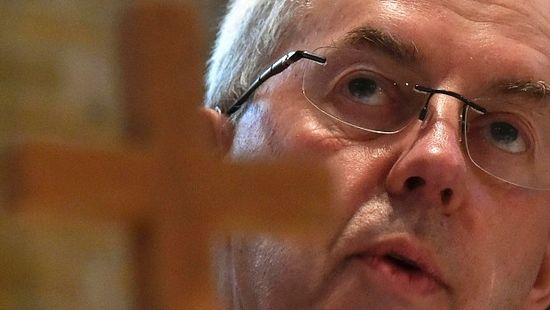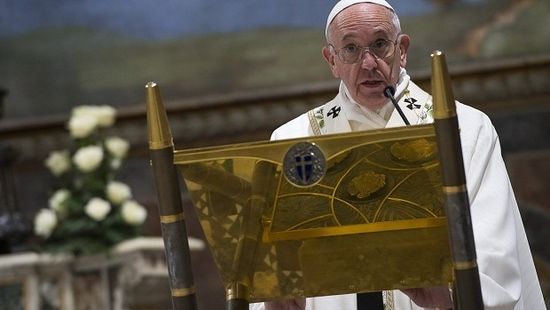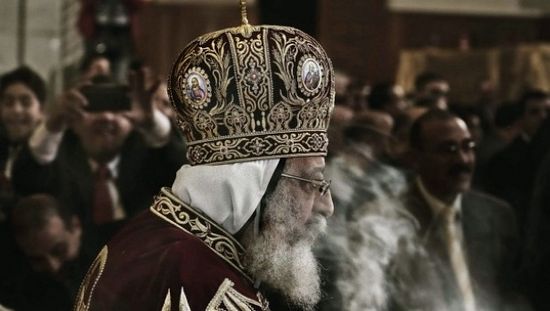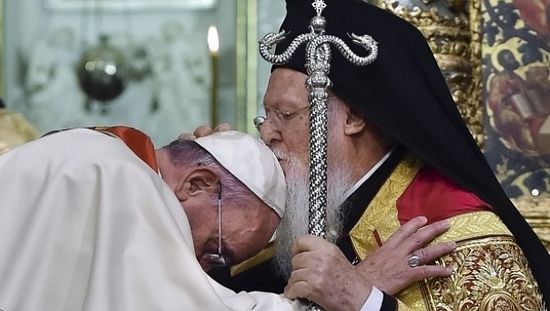Source: stuff.co.nz
January 16, 2016
 The Anglican leader Archbishop of Canterbury Justin Welby said the agreed date for Easter would be either the second or third Sunday of April.
The Anglican leader Archbishop of Canterbury Justin Welby said the agreed date for Easter would be either the second or third Sunday of April.
The heads of the Christian churches are close to sealing a deal to fix the date of Easter, the Archbishop of Canterbury has revealed, ending more than a thousand years of confusion and debate.
The Church of England's Archbishop of Canterbury Most Reverend Justin Welby said the agreed date would be either the second or third Sunday of April.
He expected to make the change within 5-10 years, though he admitted that churches have been trying to agree on a date without success since the tenth century.
Archbishop Welby, Pope Francis, the Coptic Orthodox Pope Tawadros II and the Ecumenical Patriarch Bartholomew I (head of the Greek Orthodox church) are all working towards a common date, he said.
 Less of a moveable feast. 'We have to come to an agreement'. Pope Francis had already spoken of his desire for a common fixed date for Easter between the churches.
Less of a moveable feast. 'We have to come to an agreement'. Pope Francis had already spoken of his desire for a common fixed date for Easter between the churches.
If they can reach a deal, it will end one of the most noticeable rifts in the church, and have knock-on effects for schools, businesses and the travel industry across the Western World.
For one and a half millennia, for Anglicans and Catholics, Easter Sunday has been the first Sunday after the first full moon following the spring equinox – a convoluted formula which means the date can vary by more than a month from year to year.
For example, in 2016 Easter Sunday falls on March 27. Last year it was April 5, and next year it will be April 16.
 In negotiations. Coptic Pope Tawadros II, leads Christmas Eve Mass at St. Mark's Cathedral, in Cairo, Egypt.
In negotiations. Coptic Pope Tawadros II, leads Christmas Eve Mass at St. Mark's Cathedral, in Cairo, Egypt.
To add to the confusion, the Eastern Orthodox Church calculates Easter differently using the old Julian calendar – this year Orthodox Easter falls on May 1.
In June last year, Pope Francis also signalled his desire to set a common date for Easter, telling a global gathering of priests in Rome "we have to come to an agreement".
He joked that Christians could say to one another "When did Christ rise from the dead? My Christ rose today, and yours next week", the Catholic News Agency reported.
And in May, Coptic Orthodox Pope Tawadros II wrote to the papal nuncio in Egypt proposing a common date for Easter.
Welby said he had discussed the idea in a recent meeting with Pope Tawadros in Cairo.
"The (Anglican) primates agreed this morning that we wish to join with Pope Tawadros in what looks like a promising chance of unifying and fixing the date on which Easter is celebrated by the global Church," he said.
"At the moment most of us spend this part of the year saying 'now when exactly is Easter this year'… Pope Tawadros has put forward the idea to churches in the Eastern tradition and the Western tradition that it be fixed somewhere around the second or third Sunday of April.
"We have agreed that we support that."
Pope Tawadros had also discussed the matter with the Ecumenical Patriarch of Constantinople – the 'first among equals' in the Eastern Orthodox Church.
The Anglican church has warned the UK government that agreement was "coming up".
"I would expect (the change) between 5 and ten years time," Welby said. "I can't imagine it would be earlier than that, not least because most people have probably printed their calendars for the next five years.
"And school holidays and so on are all fixed and it effects almost everything you do in the spring and summer.
"I would love to see it before I retired.
"Equally, I think the first attempt to do this was in the tenth century, so it may take a little while."
Once the churches agree, governments (including in New Zealand) will have to pass or amend legislation in order to put it into effect.
In 1928 the UK parliament actually passed legislation allowing Easter Sunday to be fixed to the Sunday after the second Saturday in April.
The same year, the Australian premiers of NSW, Victoria and South Australia all agreed to pass an act setting a fixed date for Easter, on the same day as the UK.
The Canberra Times reported in 1929 that the "vagueness" of the ancient calculation "is disturbing the business and social arrangements, and, therefore, affects us all … Easter is always a matter of doubt until we are definitely reassured. There is no real reason why it should not be fixed."
The story reported that there was an international push for a fixed Easter, led by a committee appointed by the League of Nations, which had approached the Holy See and the Orthodox Eastern Church.
The Vatican said "it had no objection from the viewpoint of dogma", and the Orthodox church said "it would agree to stabilisation if all Christian Churches did".
Then in 1929 both South Australia and Western Australia passed legislation setting Easter Day to the first Sunday after the second Saturday in April.
However, the international push petered out and the legislation gathered dust. The UK Act was never activated by official proclamation.
South Australia's Easter Act was repealed officially in 1994.
The current Easter formula was agreed at the First Council of Nicaea in 325, a gathering of Catholic bishops requested by Emperor Constantine to settle various warring creeds and sects within the church.
Though the Roman church already agreed that Easter should be on a Sunday, different cities and sects disagreed on the date, some because they didn't want it to be associated with the Jewish Passover.
Even centuries after Nicaea there were still some standouts – especially in Britain, where Christians insisted on sticking to an old formula. It wasn't until the Synod of Whitby in 664 that the 'Roman Easter' was accepted in northern Britain.





